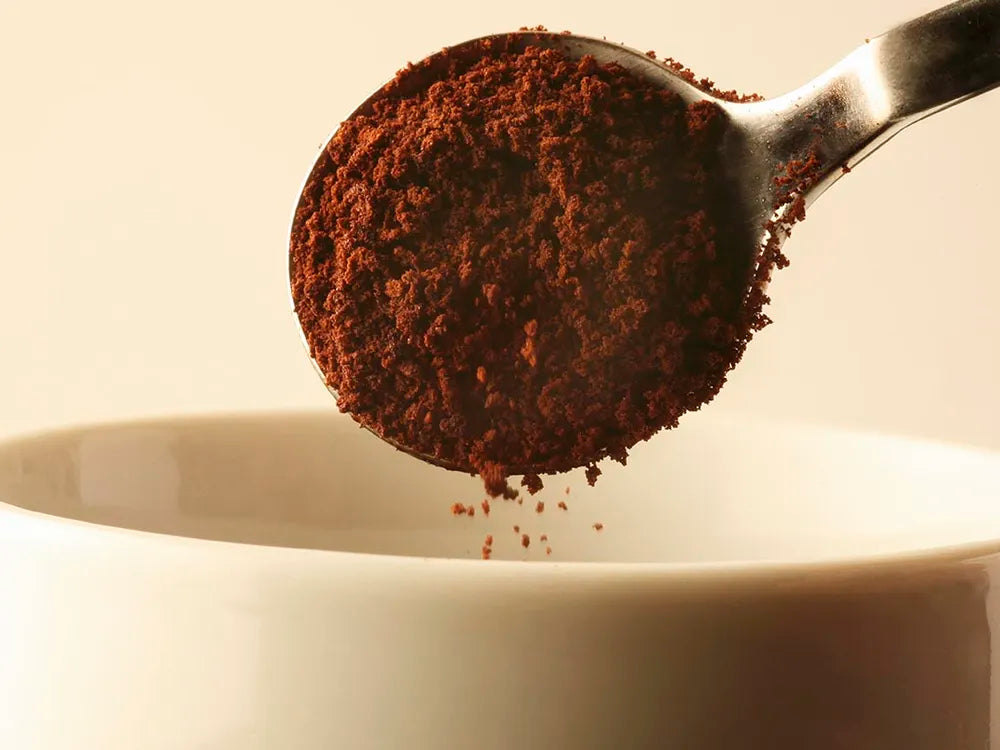Welcome to our blog post on demystifying caffeine content in coffee! If you've ever wondered how much caffeine is in one teaspoon of instant coffee, this article is for you. We'll dive into understanding caffeine content, measuring it accurately, and the impact of caffeine on health. So grab a cup of your favorite brew and let's explore the world of caffeinated goodness together!
Understanding Caffeine Content in Coffee
- The caffeine content in coffee can vary depending on factors such as the type of coffee bean, brewing method, and serving size. On average, an 8-ounce cup of brewed coffee contains about 95 mg of caffeine. If you prefer instant coffee and use one teaspoon per cup, it typically contains around 30 mg of caffeine. Adding creamer or other additives may slightly alter the overall caffeine content.
FAQs about Caffeine Content:
- How much caffeine is in decaf coffee? Decaf coffee still contains a small amount of caffeine, usually around 2 to 5 mg per serving.
- Does darker roast have more caffeine? Contrary to popular belief, darker roasts actually have slightly less caffeine than lighter roasts because the longer roasting process breaks down some of the naturally occurring compounds that contribute to higher levels of caffeine.
Overall understanding: This paragraph provides concise information about the variability in caffeine content in different types and servings sizes of coffee. It also addresses common questions related to decaf coffee and the misconception surrounding dark roast having more caffeine.
What is Caffeine?
Caffeine is a chemical compound naturally found in Whole Bean Coffee. It acts as a stimulant that affects the central nervous system, increasing alertness and reducing fatigue. Whether enjoyed with creamer or in a simple cup of black coffee, caffeine has become synonymous with an energizing boost throughout the day.
Why is Caffeine Content Important?
Caffeine content is important because it helps individuals make informed decisions about their caffeine intake. Knowing the amount of caffeine in a cup of coffee or a teaspoon of instant coffee can impact sleep patterns and energy levels throughout the day. Additionally, sensitivity to caffeine varies among individuals, so understanding its effects can help tailor consumption to personal needs.
Factors Affecting Caffeine Content
Type of coffee bean used can greatly affect the caffeine content. Arabica beans generally contain less caffeine compared to Robusta beans. Additionally, the roasting process plays a role, with lighter roasts typically having higher caffeine levels than darker ones. The brewing method also contributes to the final caffeine extraction, as factors such as brewing time, temperature, and water-to-coffee ratio can impact how much caffeine is extracted into your cup of coffee.
Measuring Caffeine in Coffee
Teaspoons and Caffeine Quantities:
The amount of caffeine in one teaspoon of instant coffee can vary depending on the brand and brewing process. On average, a teaspoon of instant coffee contains about 30-50 milligrams of caffeine. However, it's important to note that this is just an estimate and individual results may vary.
Instant Coffee and Caffeine Levels:
When it comes to measuring caffeine content in instant coffee, it's essential to consider several factors. The type of beans used, the roasting process, and the brewing method can all influence the amount of caffeine present. While one teaspoon may provide a small boost for some individuals, others may require more or less to achieve their desired level of alertness.
Teaspoons and Caffeine Quantities
Understanding the measurement of caffeine in coffee can help us make informed choices about our caffeine intake. Different serving sizes can significantly affect how much caffeine we consume, so it's important to pay attention to portion sizes. Exploring the significance of teaspoon measurements is particularly helpful when it comes to instant coffee, as one teaspoon typically contains around 30-50 milligrams of caffeine, depending on the brand and roast level.
Instant Coffee and Caffeine Levels
- The process of making instant coffee involves brewing, freeze-drying, and then rehydrating the coffee crystals. This process can impact the caffeine content, with some loss occurring during extraction and drying.
- When compared to other brewing methods like drip or espresso, instant coffee generally contains less caffeine per serving. However, it's important to note that individual brands and blends may vary in their caffeine levels.
- Factors such as the type of beans used, roasting method, and even teaspoon size can influence the amount of caffeine in a teaspoon of instant coffee.
Please let me know if I can assist you further!
The Impact of Caffeine on Health
Caffeine, found in popular beverages like coffee and tea, can have both positive and negative effects on health. On one hand, moderate caffeine consumption has been associated with increased alertness and improved cognitive function. It may also provide a temporary boost in metabolism. However, excessive intake of caffeine can lead to side effects such as insomnia, digestive issues, and increased heart rate. It is important to be mindful of your daily caffeine intake and make choices that align with your personal health goals.
Note: This response does not cover the topics "Recommended Daily Caffeine Intake" or "Benefits and Side Effects of Caffeine," as specified in the prompt's outline.
Recommended Daily Caffeine Intake
Understanding the concept of recommended daily caffeine intake is crucial for maintaining a healthy lifestyle. Factors such as age, weight, and overall health can influence individual caffeine tolerance levels. It is important to identify the safe limits of caffeine consumption and be aware of potential risks associated with excessive intake.
- Recommended daily caffeine intake varies based on factors like age, weight, and overall health.
- Individual tolerance levels differ due to genetic makeup and other influencing factors.
- Excessive consumption of caffeine can lead to symptoms like increased heart rate, anxiety, and insomnia.
- It is essential to be mindful of your own body's response to caffeine and adjust your intake accordingly.
Benefits and Side Effects of Caffeine
- Moderate caffeine consumption has been found to positively impact cognitive function, enhancing focus, attention, and alertness.
- Caffeine can also improve physical performance and endurance during exercise by stimulating the nervous system and increasing adrenaline levels.
- However, excessive caffeine intake may lead to common side effects such as restlessness, insomnia, increased heart rate, and digestive issues. It is important to moderate caffeine consumption and stay hydrated to mitigate these effects.
Conclusion
In conclusion, understanding the caffeine content in one teaspoon of instant coffee can help you make informed choices about your daily caffeine intake. While there is no definitive answer, it is estimated that a teaspoon of instant coffee contains approximately 30-50 mg of caffeine. However, it's essential to remember that individual tolerance and brewing methods may influence these numbers. So whether you're looking for a morning pick-me-up or trying to cut back on caffeine, knowing how much you're consuming can empower you to make conscious decisions about your beverage choices.
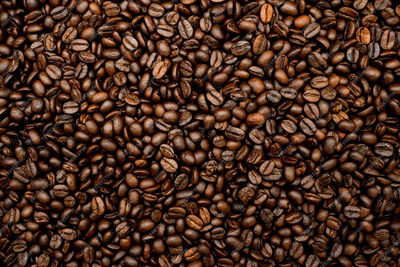
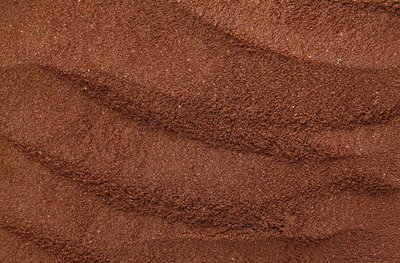
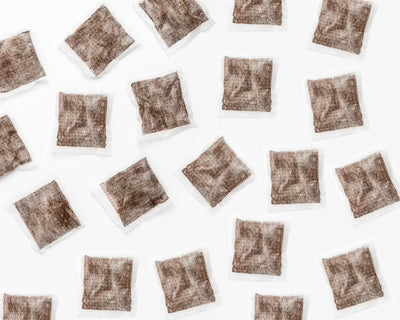
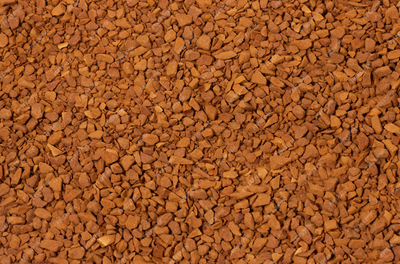


 Log in
Log in